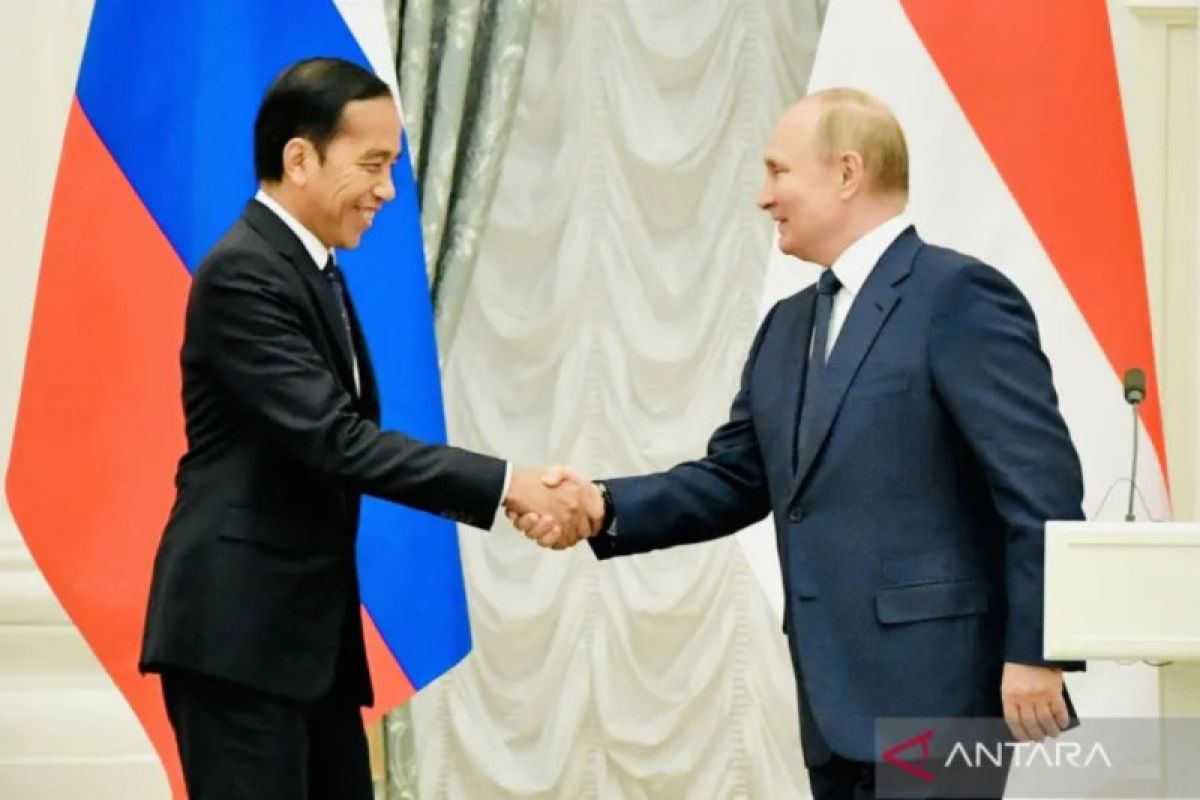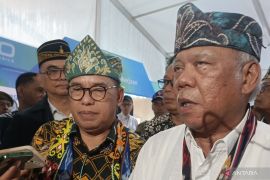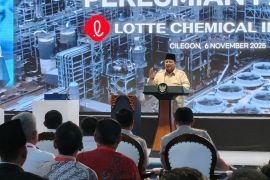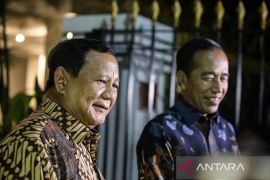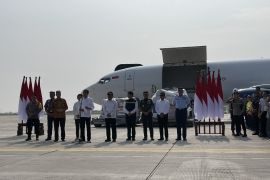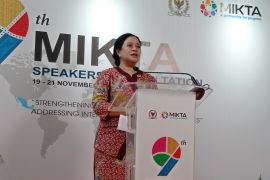"If there are no breakthrough steps against this war, it is possible that oil prices will continue to rise, which could lead to a global recession and stagflation. This will lead to the phenomenon of high inflation coupled with economic stagnation," Riza Arfani said as quoted from UGM's official website here, Saturday.
The visits were very meaningful and strategic, as economic recovery that had been initiated by several parties, including G-20 member countries, was currently threatened due to the Russian-Ukrainian war.
If the war is likely to last for a long time, then it will significantly affect three important sectors: food, energy, and health.
President Jokowi highlighted at the G-7 Forum that this issue has threatened developing countries since if the food supply chain is disrupted, then it will have an impact on the rising prices of basic commodities, Arfani remarked.
In the energy sector, the war also pushed up oil price volatility, which affected developing countries, including Indonesia, he pointed out.
Related news: Jokowi readies to broker communication between Russia and Ukraine
Arfani noted that sanctions against Russia due to the war also created uncertainty in the global energy prices, especially oil.
He noted that in the health sector, a protracted war will certainly affect the distribution of vaccines, especially at the global level, with vaccination achievements still being unequal.
"There are developing countries, lower-middle (income) countries, whose achievements are still below 50 percent. This is very difficult if the war continues. Of course, it will affect programs related to drugs for handling the pandemic. I think the meaning of the visits is also related to this," he remarked.
President Jokowi's visits demonstrated that Indonesia's foreign policy promotes regional and global peace.
Arfani noted that several big countries have been striving to mediate the conflict between the two countries, though the results had yet to be seen.
He also said that Jokowi is referred to as a sincere peacemaker, who has no interest apart from hoping that those engulfed in conflicts would soon make peace.
Arfani believes this position is different from the big countries and nations having nuclear weapons that are members of military alliances having terms of interest.
"Turkey has, Israel has, France has, but they are not genuine (sincere). Hence, they are partial. Therefore, from Russia's point of view, they are considered as not being neutral. We are in a neutral position, and from the start, we have had this consistency of attitude," he stated.
Riza admitted that the visit could not bring peace immediately, but at least, it was able to reduce tensions.
Related news: Indonesia only seeks solutions on conflict, supply disruption: Jokowi
Related news: Indonesia pursues world peace amid other countries' silent stance: KSP
Translator: Luqman Hakim, Fardah
Editor: Suharto
Copyright © ANTARA 2022
